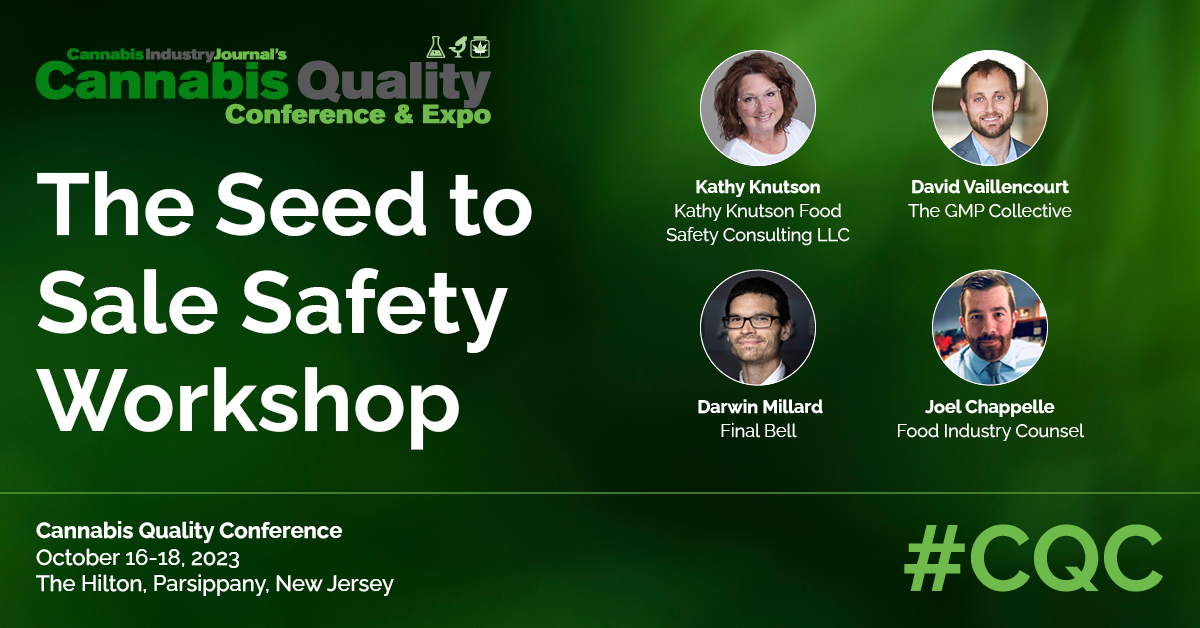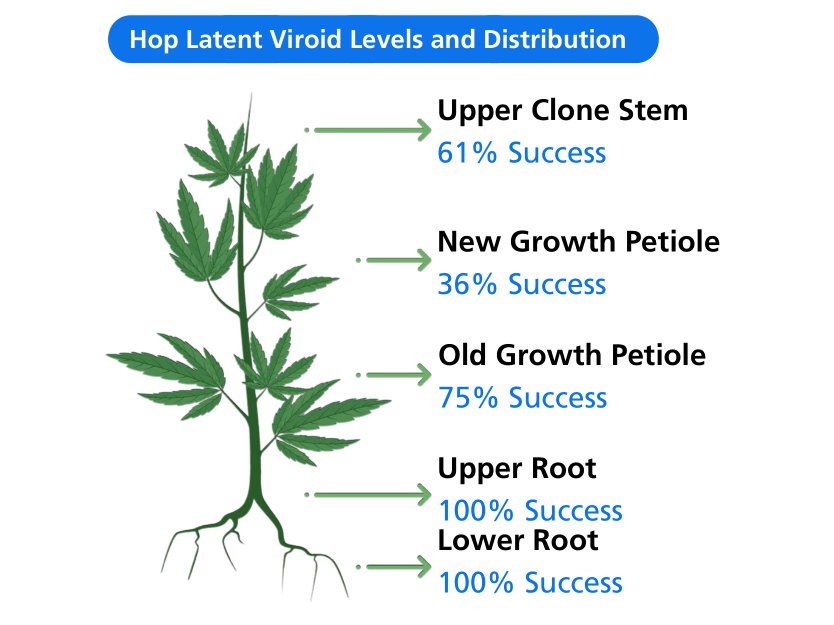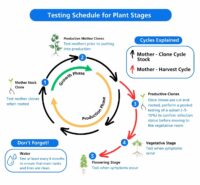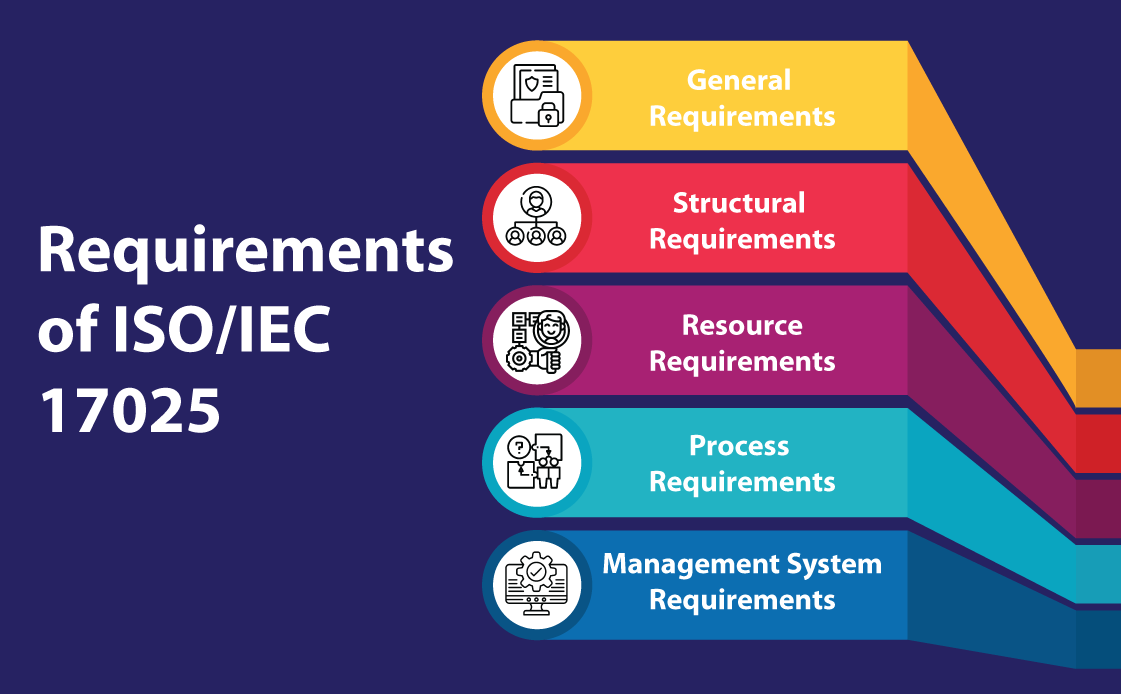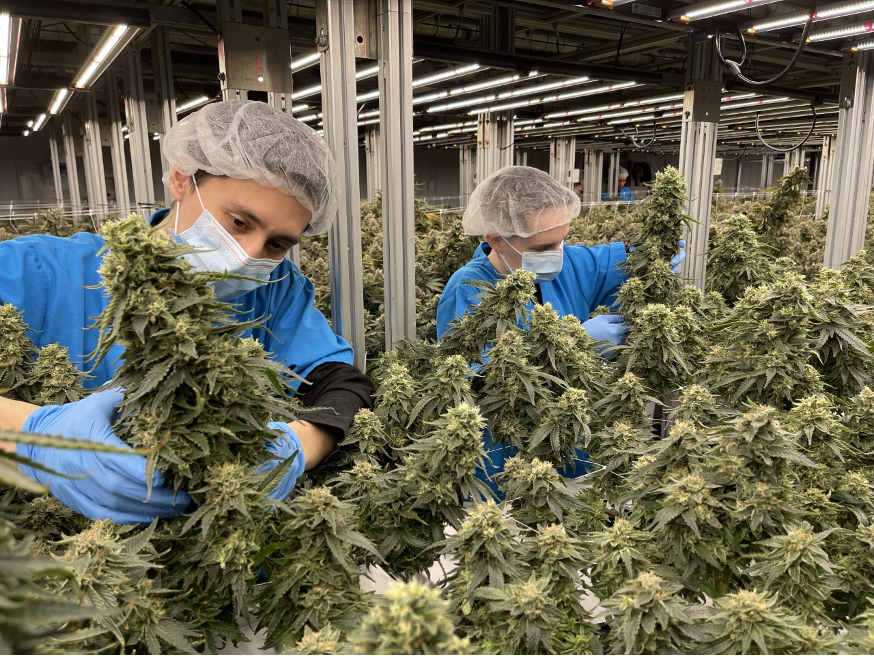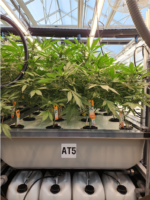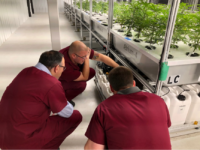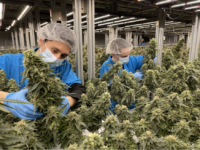The problems facing the cannabis industry arising from its ongoing status as a federally illegal enterprise are numerous and well documented: 280E tax burdens, limited access to banking, exclusion from capital markets, uneven access to federal intellectual property right protections and the inability to access the stream of interstate commerce. The recent woes faced by cannabis companies operating in mature markets reveal another key legal hurdle for cannabis companies, their investors and their creditors: the inability to access federal bankruptcy protection. However, cannabis companies may have access to a number of contractual and state law remedies to deal with insolvency and other financial woes.
Background
Bankruptcy laws in the United States are unique in the world; nowhere else is access to bankruptcy so available or forgiving for ordinary citizens and companies alike, allowing debtors a fresh start by either liquidating their assets or reorganizing their debt. Commentators have observed that such favorable bankruptcy laws encourage entrepreneurship and have been at least partially responsible for American innovation. Indeed, the ability of Congress to enact bankruptcy laws is enshrined in the United States Constitution. Like almost all laws in the U.S. at the time, bankruptcy was originally the domain of the various states; it was not until the late 18th century that Congress saw the importance of a uniform set of protections for debtors and passed the first federal bankruptcy law in 1800; since then, bankruptcy has been exclusively the purview of federal law, with current bankruptcy law governed by the United States Bankruptcy Code.

This exclusivity, however, poses a problem for state-regulated cannabis businesses: because cannabis is federally illegal, in the eyes of the United States Trustee Program, a division of the United States Department of Justice responsible for overseeing the administration of bankruptcy proceedings, the reorganization of any cannabis business amounts to “supervis[ing] an ongoing criminal enterprise regardless of its status under state law.” Therefore, since there is no such thing as state law bankruptcy, even cannabis companies operating in full compliance with state laws do not have access to any bankruptcy protections.1
All financing transactions, whether debt or equity, occur in the shadow of bankruptcy. The basic distinction between debt and equity is predicated on the favorable treatment of holders of the former compared to holders of the latter (within debt, the favorable treatment of secured debt over unsecured debt), and this is true, especially in bankruptcy. Even beyond distribution priorities, the Bankruptcy Code’s provisions on automatic stays, avoiding powers, and discharge fundamentally shape the relationship between debtors and creditors: a bankruptcy judge has the power to impose the Bankruptcy Code on the relationship between a debtor and its creditors, no matter their previous contractual relationships. Just as the possibility of litigation is a Sword of Damocles hanging over any legal disputes, the prospect of a bankruptcy filing affects any negotiations between a debtor and its creditors ab initio. Therefore, when financial problems arise and a cannabis company must begin the difficult task of approaching its lenders for relief, it does so without an effective incentive for creditors to come to the table available to other companies in otherwise similar situations.
Alternatives to Bankruptcy
Just as disputants often prefer the contractual certainty of a settlement agreement to the capriciousness of a jury, debtors and creditors may choose extra-judicial solutions for insolvency. The downward trend in bankruptcies over the last few decades may partially be the product of such out-of-court arrangements, and debtors and creditors are increasingly comfortable with them as an alternative to voluntary or involuntary bankruptcy filing. While the effectiveness of these solutions is, in industries other than cannabis, ultimately evaluated with bankruptcy in mind, these solutions may also be preferable for a creditor of a cannabis company that is defaulting on its obligations.
Contractual Remedies: Lender Workouts, Exchange Offers and Composition Agreements
Given that the relationship between a debtor and its creditors is essentially contractual, the parties may choose to modify their relationship in any manner to which they can mutually agree. A lender workout is an agreement for a financially distressed company to adjust its debt obligations with a creditor (or often multiple creditors given that a lender’s payment obligations to one creditor necessarily affect its obligations to its other creditors). These contractual adjustments are tailored to the particular situation and can take the form of deferrals of payments of interest or principal, extensions of maturity dates, covenant relief (e.g., adjustment of the lender’s debt-to-asset ratio or other financial covenants which would otherwise trigger an event of default), and/or debt-for-equity swaps. This last option (including its related concepts, such as grants of options or warrants) is especially prevalent in the cannabis industry, given that cannabis companies often do not have traditional bank debt (though, at the same time, such solutions may be increasingly unattractive to creditors given lower valuations and the prevalence of equity as a form of consideration in cannabis mergers and acquisitions transactions).

Similarly, an exchange offer restructures a faltering company’s capital stack. Typically, a company facing a default will offer its equity-holders new debt or equity securities in exchange for its outstanding debt securities, which new securities have more favorable terms, such as covenants, events of defaults and maturity. Exchange offers have the same goal as lender workouts in that they seek to eliminate a class of securities with an impending maturity date, event of default or breach of a covenant.
Composition agreements are contractual arrangements between a debtor and its creditors whereby the creditors agree to accept less favorable claims in order for the debtor to reorganize its operations so that the debtor’s future inflows can meet its reduced outflows, with the alternative being a complete collapse of the debtor (in which case no one, or perhaps only the most senior secure lenders, is repaid). These agreements often provide for oversight by a committee of the creditors and will often involve contractual promises by creditors to forbear from exercising their previously existing rights until a defined triggering event.
Statutory Remedies: UCC Article 9 Sales and ABCs
If the contractual remedies described above are akin to Chapter 11 bankruptcy proceedings, whereby a company in dire (but ultimately salvageable) straits continues to operate while its debt obligations are reorganized, state law statutory remedies are analogous to Chapter 7 bankruptcy proceedings; the business is a sinking ship and must liquidate its assets to maximize payments to its creditors (in the bankruptcy context, per the rules of absolute priority). Such liquidation is governed by rules under state law which may be available to cannabis companies.
If a creditor has a security interest in the collateral of a debtor, then the most popular option is usually a sale under Article 9 of the Uniform Commercial Code (UCC). The UCC is a standardized set of laws and regulations for conducting business, including lending. The UCC itself is not law; rather it is a codex that has been adopted by most states and incorporated into their statutes as law, usually with some variations. UCC Article 9 deals with secured transactions and, in particular, provides for the sale and disposition of collateral subject to a security interest upon a default by the debtor. Similar to a §363 sale under the Bankruptcy Code, a sale under UCC Article 9 provides for a “friendly foreclosure” whereby a defaulting debtor and its lenders cooperate to facilitate a sale of the secured collateral.
Article 9 imposes certain parameters on such dispositions, including that foreclosure sales be “commercially reasonable”, which the UCC specifies as meaning that the collateral be sold in a reasonable and customary manner on a recognized market, at then-current market prices. If the sale was approved in a judicial proceeding, by a bona fide creditors’ committee, by a representative of creditors or by an assignee for the benefit of creditors, then this creates a presumption of commercial reasonability under the UCC.
A less common option is an assignment for the benefit of creditors (ABCs). Laws governing such assignments vary by state and are generally rare, with California being a notable exception where both ABCs are more common and where cannabis is legal. An ABC is initiated by the debtor, which then enters into an agreement to assign its assets to a third-party assignee, which holds such assets in trust for the benefit of the creditors and is then responsible for their liquidation, similar in principle to a trustee in bankruptcy.
ABCs, however, are generally not suitable for cannabis companies as the third-party assignee would not be able to take possession of a licensed cannabis business, or certain assets such as cannabis plants, distillates and other products, without itself being licensed by the relevant state regulatory agency. A similar problem occurs under Article 9 sales, whereby the purchaser of the collateral must be licensed in order to possess and operate cannabis product and, more importantly, the all-important state-issued licenses which provide a cannabis company with the authority to operate as such; the pool of potential purchasers is therefore limited to those purchasers already licensed or which are willing to undergo the burdensome process of becoming licensed, hence shrinking the market for such assets and reducing their value. These issues may be resolved in some states by the assignor/seller entering into a management services agreement with the assignee/purchaser, pursuant to which the assignee/purchaser effectively manages the operations of the cannabis business. These agreements, however, need to be carefully drafted so that they are not seen as constituting ownership of the business by the assignee/purchaser (until the actual transfer of the licenses occurs), as defined under applicable state law.
- While absolutely true for “plant-touching” companies, recent cases in the federal Ninth Circuit Court of Appeals provide some (fact-dependent) hope for cannabis-adjacent companies such as those housing the employees or intellectual property of a plant-touching operational cannabis company (this structure itself largely a solution to deal with federal illegality).



